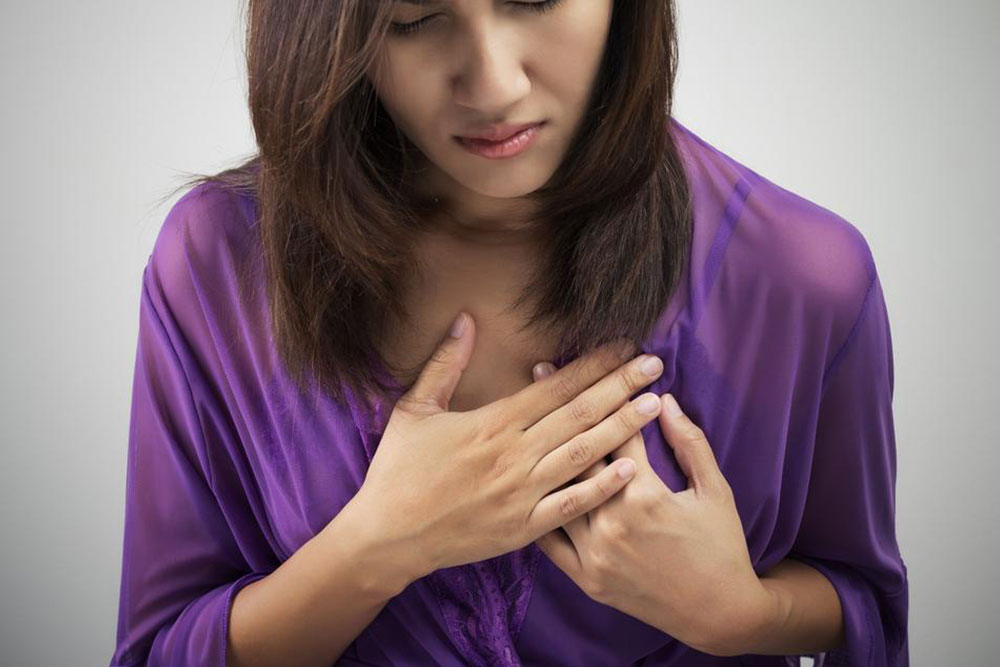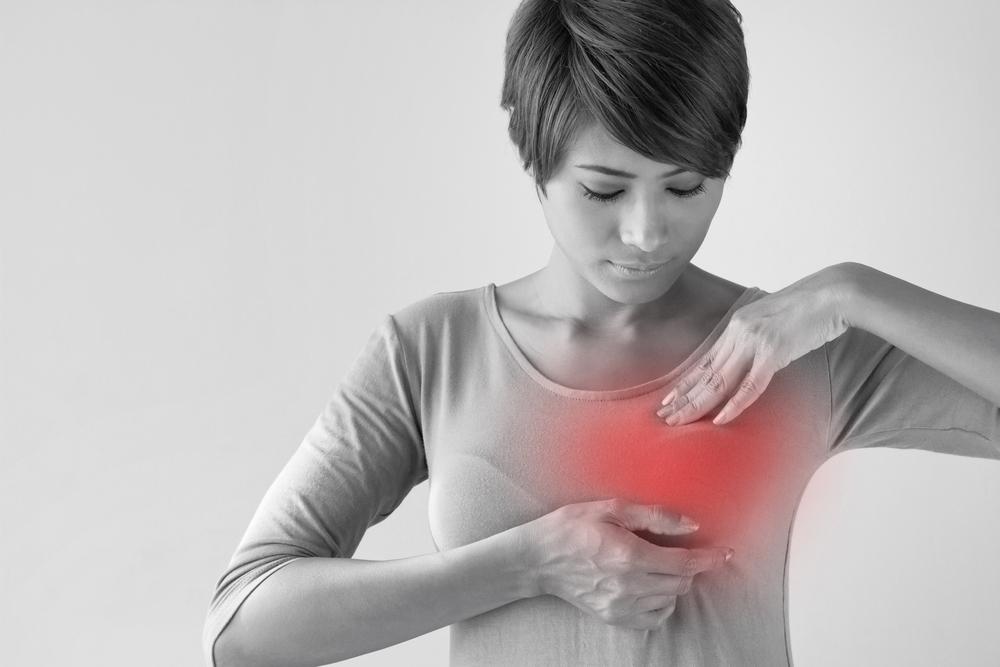Understanding the Unique Symptoms of Heart Attacks in Women: Early Detection and Prevention
This comprehensive article explores the unique symptoms of heart attacks in women, highlighting early warning signs such as chest discomfort, arm pain, neck and jaw pain, and unusual fatigue. It emphasizes the importance of early detection, understanding causes, and adopting preventive measures to reduce risk. The article aims to educate women on recognizing subtle indicators of heart trouble to ensure timely medical intervention and improve survival rates.

Understanding the Unique Symptoms of Heart Attacks in Women: Early Detection and Prevention
Heart disease remains one of the leading causes of mortality among women worldwide. Despite significant advancements in medical science, many women still overlook or misinterpret the symptoms of heart attacks, which can often present differently compared to men. Recognizing these gender-specific signs is essential for ensuring prompt medical response, reducing damages, and ultimately saving lives.
1. Chest Discomfort: The Subtle Clues
While chest pain or pressure is a well-known symptom associated with heart attacks, women often experience this differently. Instead of the classic sharp pain, women may feel a persistent dull ache, a sensation of fullness, or tightness in the chest. This discomfort may last for several minutes, intermittently ease, then recur, and is not confined to the left side as often depicted. Recognizing these subtler signs can make a critical difference in early diagnosis and treatment.
2. Pain in Upper Limbs: A Warning Signal
Many women experience persistent or sudden pain in one or both arms, which might be a key indicator of an impending heart attack. Unlike the stereotypical association with the left arm, women may report discomfort in either arm, sometimes fluctuating in intensity. This pain can develop gradually over hours or days or appear suddenly and intensify over time. Noticing and reporting this symptom to a healthcare professional is essential for early intervention.
3. Discomfort in Neck, Jaw, and Upper Back
Unusual discomfort or pain in the neck, jaw, or upper back can be an early warning sign of cardiac distress, especially in women. These sensations may be sudden or develop slowly over time. Often dismissed as dental issues or muscle strain, these symptoms require careful attention because they can indicate an underlying heart problem that needs urgent diagnosis.
4. Abdominal Discomfort: Beyond Digestive Issues
Unexplained stomach pain, pressure, or a sensation of fullness often mimics digestive problems but can be signs of a heart attack. Women experiencing severe abdominal pressure, nausea, or flu-like discomfort should consider cardiac causes, especially if accompanied by other symptoms. Recognizing this atypical presentation is vital for early treatment.
5. Breathing Difficulties: Shortness of Breath
Shortness of breath without exertion or apparent cause is a common but often overlooked symptom in women experiencing heart problems. This can accompany other signs such as chest pain, fatigue, or cold sweats. Difficulty breathing indicates that the heart might be struggling to pump blood efficiently, necessitating prompt medical evaluation to prevent severe complications.
6. Cold Sweats and Flushing
Unexpected cold sweats, particularly without physical activity, are a severe warning sign of a heart attack. Experiencing cold sweats along with other symptoms such as chest discomfort or nausea should prompt immediate medical attention. Hot flashes combined with sweating are also important symptoms that should not be ignored.
7. Nausea and Vomiting
These symptoms are more frequently reported by women during heart attacks and can often be mistaken for gastrointestinal illnesses. When combined with other warning signs like chest or arm pain, nausea and vomiting should raise suspicion of cardiac issues. Prompt recognition can be lifesaving.
8. Unusual Fatigue
Severe, unexplained fatigue, especially if it occurs without exertion, can be an early indicator of heart trouble in women. This persistent tiredness may interfere with daily activities and warrants medical consultation if it occurs regularly or increases over time.
9. Dizziness and Lightheadedness
Feeling faint, dizzy, or lightheaded can be harbingers of underlying heart issues, particularly in women. These symptoms may occur suddenly and should be taken seriously. Immediate medical attention can prevent progression to more severe heart events.
While these symptoms are critical warning signs, it's essential to remember that they might also indicate other health conditions. Nonetheless, early detection and consulting healthcare providers promptly can significantly improve outcomes. Women should educate themselves about these gender-specific signs of heart attacks to ensure timely response and better heart health.
Causes of Heart Attacks: Understanding the Root Causes
The most common cause of heart attacks is the blockage of coronary arteries typically caused by the buildup of cholesterol-rich plaques. These plaques narrow the arteries and reduce blood flow to the heart muscle. When a plaque ruptures, it can cause a blood clot to form quickly, entirely blocking the artery and resulting in a heart attack.
In addition to atherosclerosis, other contributing factors include high blood pressure, which strains the arteries and the heart; coronary artery spasms, where arteries suddenly constrict; tears in the arterial lining that can cause clot formation; and infections that may inflame the heart tissues. Lifestyle choices significantly impact these risks; a sedentary lifestyle, unhealthy diet high in saturated fats, smoking, excessive alcohol consumption, and a family history of heart disease all elevate the likelihood of a heart attack.
Preventive measures such as regular exercise, maintaining a balanced diet, controlling blood pressure and cholesterol levels, quitting smoking, and managing stress can help reduce this risk. Awareness of these causes and early intervention strategies is crucial in combating heart disease among women and men alike.





